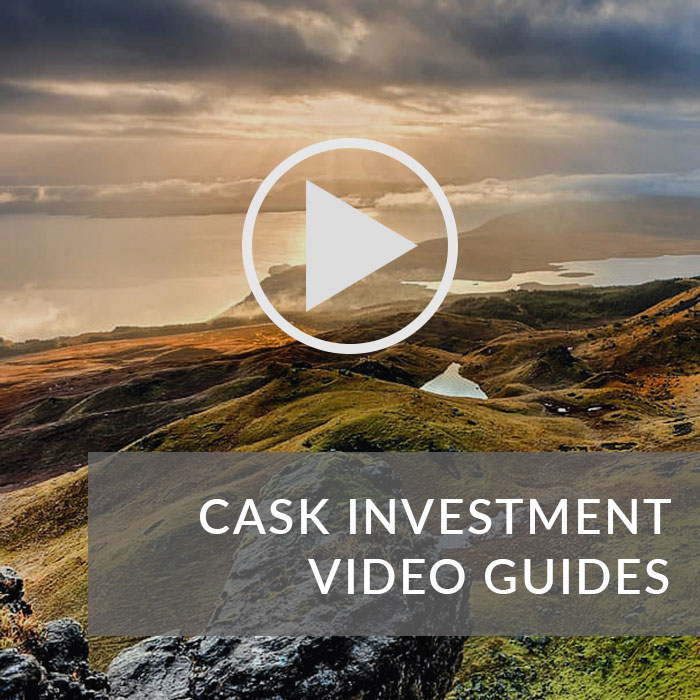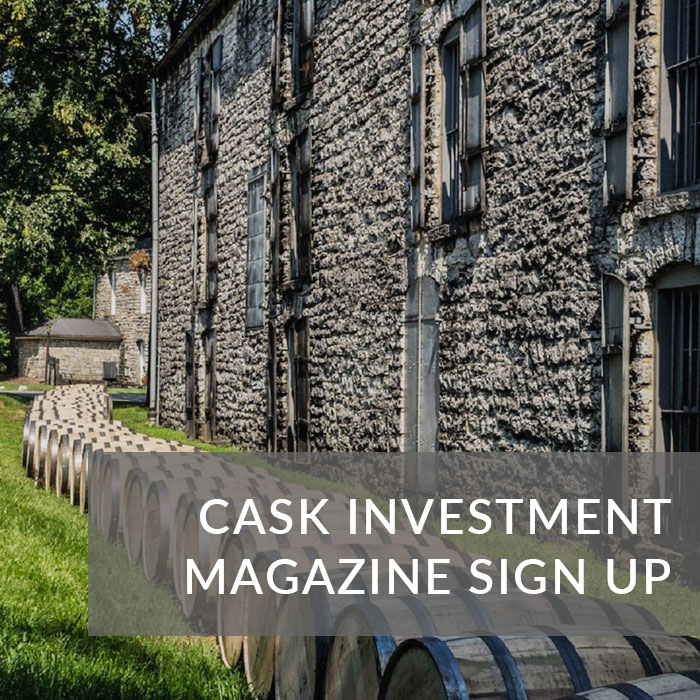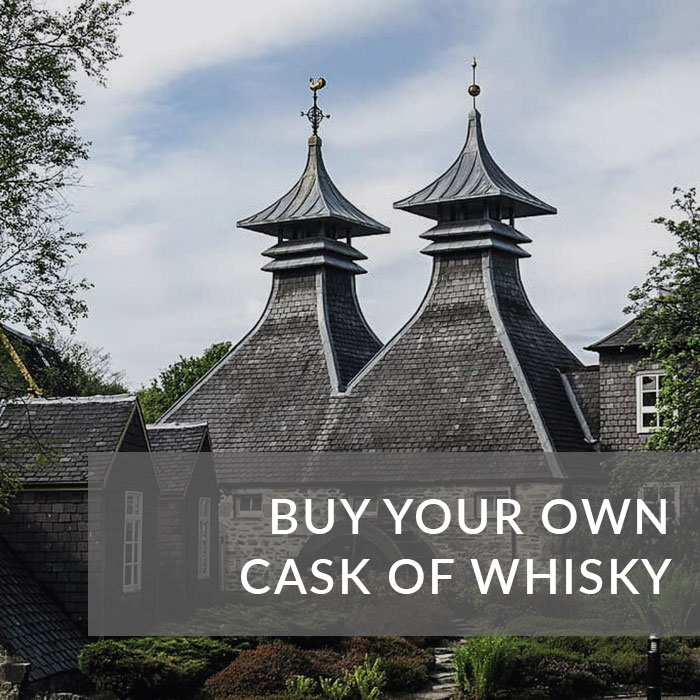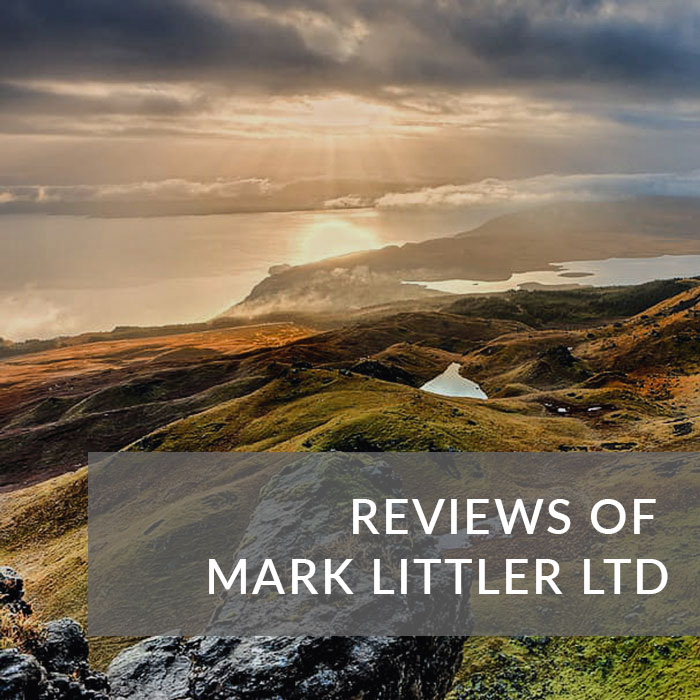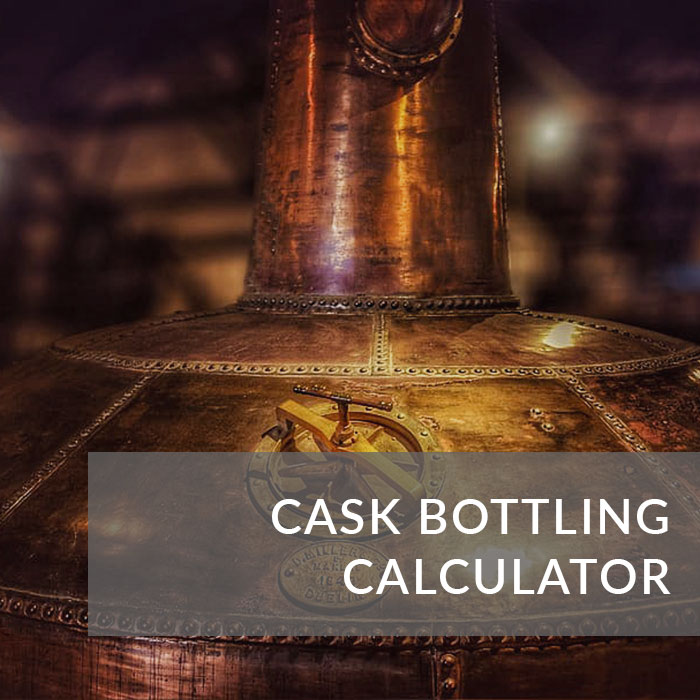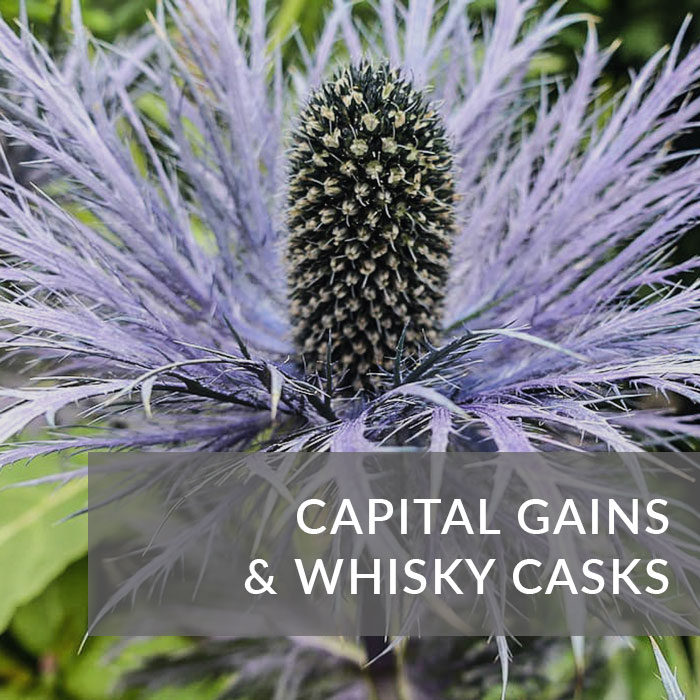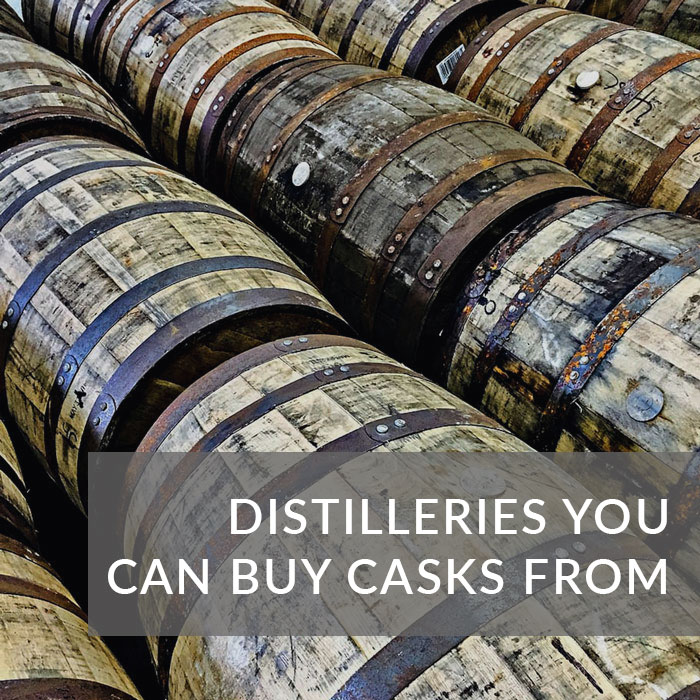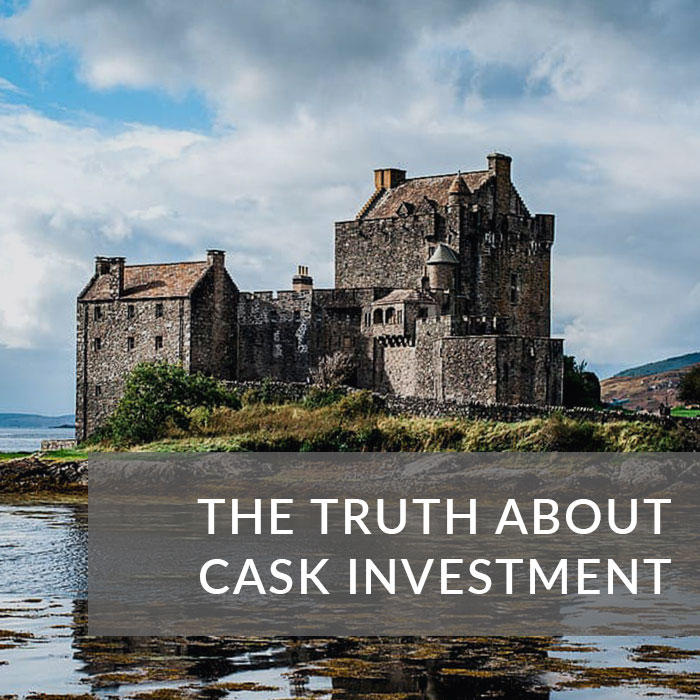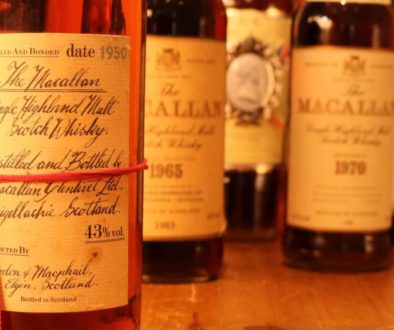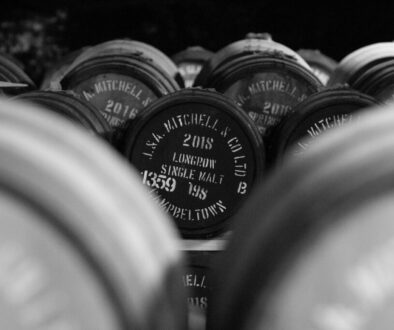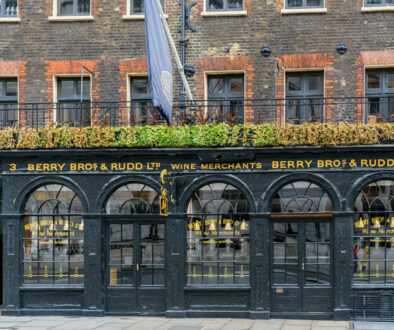Investing in whisky casks remains a popular option for those looking for long term alternative assets. As well as the potential returns, a cask of whisky is also a tangible asset, and if you buy it the right way it’s one you can experience as it matures.
If you are one of the hundreds of people considering buying a cask of whisky in 2024, here are 6 tips to ensure your money is safe and a cask investment can work effectively for you over the long term.
Send me my free cask buying guide
"*" indicates required fields
A Delivery Order Offers The Most Protection
A delivery order is the standard way of transferring ownership in the whisky industry. Buying a cask via a delivery order provides you the double benefit of ensuring you own the cask outright and verifies that the cask is what your dealer/broker/agent has said it is.
When you own a cask directly through a delivery order the cask is in your name at the warehouse and you have full autonomy over your asset. That means you can take samples and arrange a regauge when you want, and that you are not tied to selling it through the company you bought from.
Because a delivery order is acknowledged by the HMRC certified warehouse where your cask will be stored, it acts as a verification that your cask is what it is supposed to be. Which means you won’t get any surprises 10+ years down the line when you come to sell.
If you are not being offered a delivery order then ask your dealer why. Some dealers will give you the option if you ask directly, but if they don’t, and you aren’t happy with their answers then consider sourcing elsewhere.
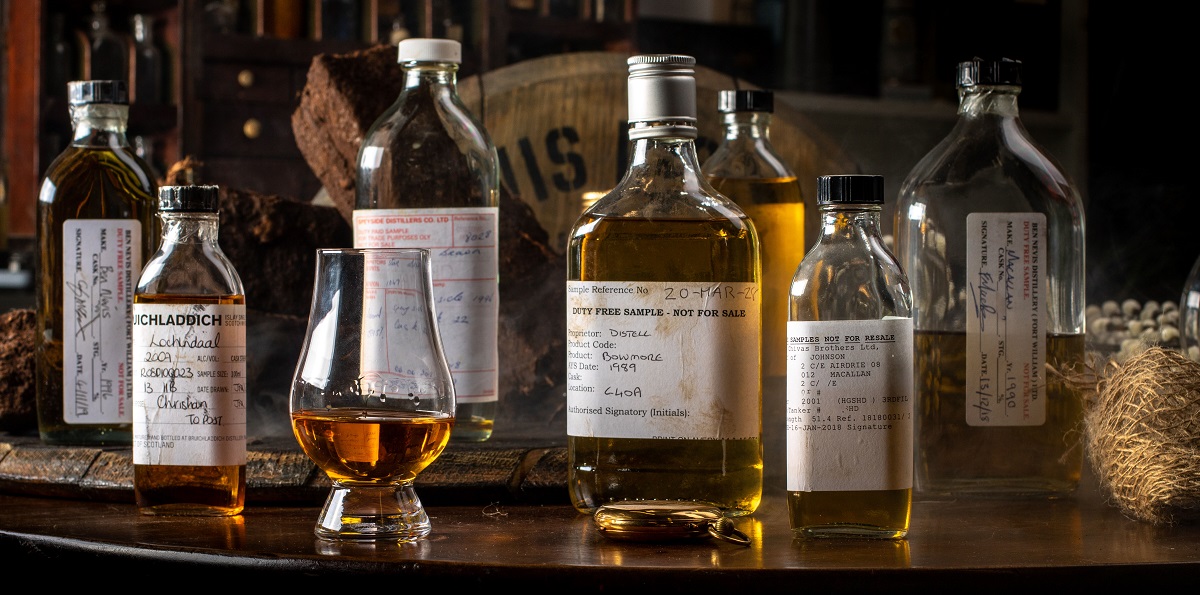
Make Sure You Can Invest For The Long Term
Casks are a long term investment and we suggest aiming for 10 or more years. That isn’t to say that you can’t exit earlier if things change, but we don’t suggest considering cask investment for short and medium term investments because of the costs and risks involved.
Buying young casks rather than new make is our preferred entry point. Young casks are still cost effective but give you a head start on your investment, allowing you to reach the more profitable teenage years within a circa 10 to 15 year period for the best potential.
Names Matter In Whisky
Getting naming rights with any cask you buy is the difference between buying any old whisky and potentially purchasing the next big brand.
Any good cask of whisky will experience age driven increase in value because older whisky is worth more than younger whisky. Cask investment is not without risks, but the relationship between age and value makes casks a solid asset with a relatively predictable protection of future value.
A whisky’s value is not driven by age alone; branding is why two whiskies of the same age (or two of any comparable products) can command different prices. Casks bought without naming rights can only ever be worth their age driven value, whereas naming rights gives you the potential to benefit from any change in status of the distillery between buying and selling your cask.
While there is nothing inherently wrong with buying whisky casks without naming rights, it is generally better for your potential return to buy with naming rights where possible. However, if a cask without naming rights is being offered to you as equivalent to an investment in a cask with a brand name then it’s worth checking what other information you’re being given isn’t completely clear.
Compare Prices Of Casks
There is no single answer for how much a cask of whisky should be. Value is determined by a combination of factors from age and cask size to distillery and ABV. Casks are natural wooden vessels and experience evaporation, and over time the natural variation in this means even two otherwise identical casks maturing next to each other can end up being worth significantly different amounts.
When casks are young the variations between casks are less significant, and it can be easier to give a rough estimate. For example we tend to look for young casks between around £4,000 and £8,000 because you can compare those prices to publicly available prices for some new make casks. The older the cask gets, the more expensive, but importantly for consumers the variation we mentioned above makes it harder to check you’re paying the right price.
For private individuals we don’t suggest buying casks more than 12-years-old. There are other risk factors with older casks but unless you are experienced within the industry it’s too difficult to check you are paying the right price. If you absolutely insist on buying an older cask then make sure you get a second opinion, and also consider using our cask calculator. The calculator will turn your cask price into a per bottle cost, which you can use as a rough tool to compare to wholesale bottle prices.
Beware False Security
Buying casks of whisky as a member of the public is unregulated. With the exception of some new rules involving advertising that was introduced by the ASA in 2023 consumers looking to purchase casks have very little official protection.
2023 saw two new companies appear that are claiming to offer consumer protection within the unregulated market. The reality however is that they are only offering a solution to a problem that would not exist if all cask purchasers received a delivery order.
The Cask Whisky Association launched in September 2023 to general unease within the wider community. However, coming across the body may give the appearance of authority without the awareness of the background conflict of interest. The Cask Whisky Association has positioned itself to look like a legitimate parallel to the Scotch Whisky Association. But it’s the SWA that is the only official trade body for scotch, in bottles and casks.
CaskNet is the latest addition to the unnecessary verification business. Cask bought via a delivery order and held in your name can be checked and verified by any WOWGR registered warehouse. If you own your cask the warehouse/warehousekeeper give you that verification when they send you the delivery order. All you are doing by signing up to CaskNet is giving them your and your cask details, which is good for them, especially when you come to sell.
If It Sounds Too Good To Be True…
Recent legislation introduced by the Advertising Standards Agency bans the use of misleading data and figures that cannot be backed up with suitable data. This has caused a significant drop in misleading online adverts for UK cask buyers, but caution still needs to be used.
Anything that mentions potential per annum returns, short term investment potential or compares casks to the Knight Frank Index should be instant red flags. But you should also use the same core principle for cask investment as any other: The value of whisky can go up and down, cask investment is not without risks, and never invest more than you can afford to lose.
Most of all, if it sounds too good to be true, there is a good chance it is. If you pause and ask yourself why they are offering this investment of a lifetime to you and not to big institutions, you may find the answer is probably because there are more risks and regulations than they are making you aware of.

